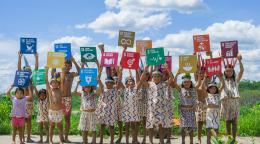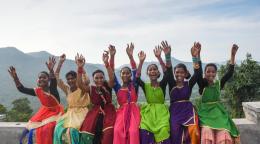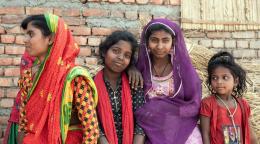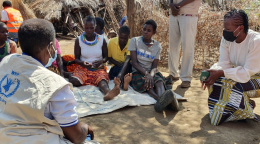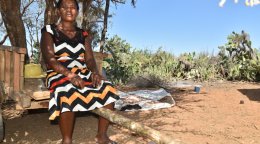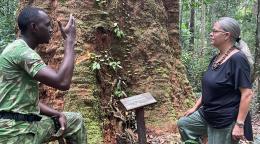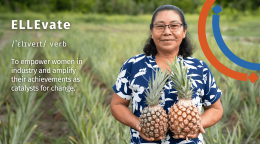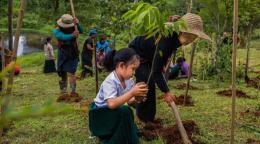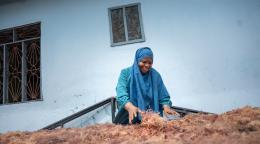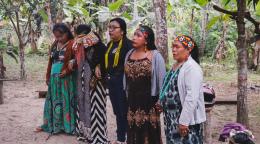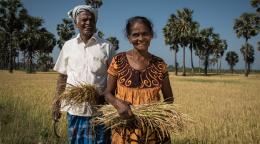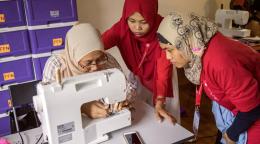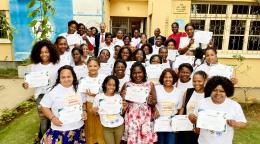Halt the Hate: UN Teams Combat Hate Speech
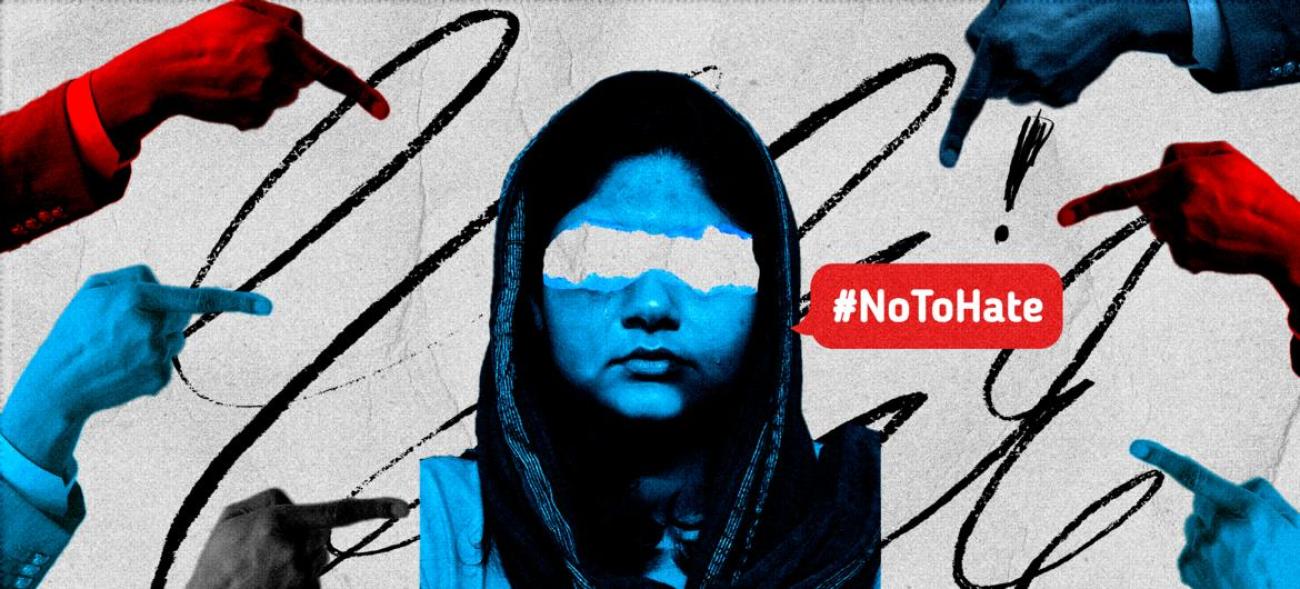
Words have power. To mold futures, certainly. But also, to maim, to tear apart communities, to incite violence. History has taught us time and again how genocides have been sparked by rampant hate speech. Yet, in just the last several months, we have seen a surge in harmful rhetoric, both online and offline, spreading across borders and driving apart an increasingly polarized world. Minority communities are all too familiar, being targets for hate speech across the world. But, equally concerning is the vulnerability of young people, both as victims and vessels of harmful narratives, fueled by misinformation and disinformation. There is no space for hate in a peaceful future.
Marking the International Day for Countering Hate Speech, June 18, we look at how UN Country Teams (UNCT) on the ground are at the forefront of combatting hate speech. Embedded in their national context and communities, UN entities are uniquely placed to support public spaces that are diverse, inclusive and safe. They work hand-in-hand with governments, civil society, youth groups, media and others to advance human rights and combat discrimination in all its forms.
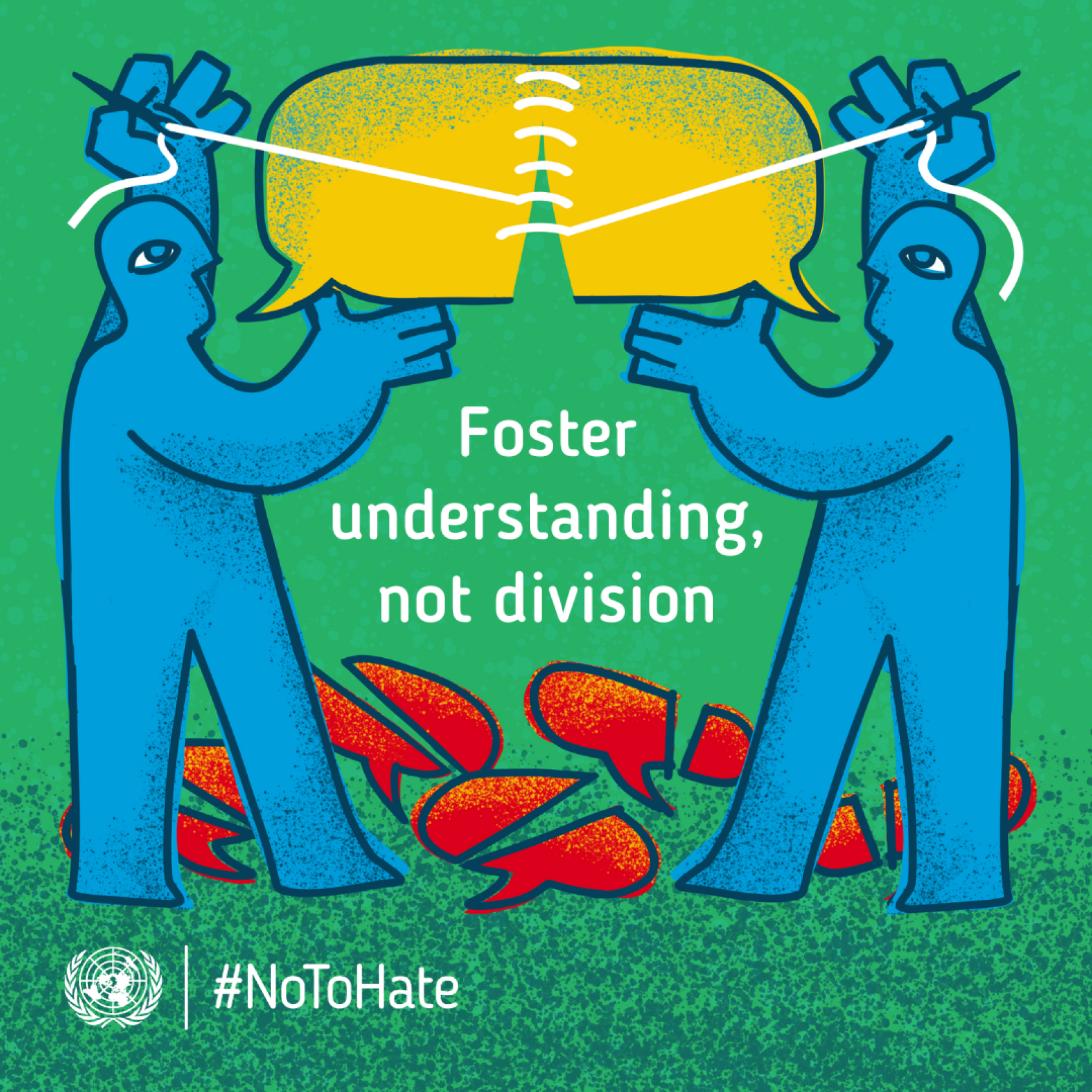
Here are some examples of how UNCTs , under the leadership of the Resident Coordinator’s Office (RCO), are piloting innovative programmes to tackle hate speech and engage affected people and institutions to forge peaceful paths:
Kenya
Ahead of the 2022 elections in Kenya and steadily after, the RCO joined hands with the Government, media partners, technology companies and local influencers to help develop and implement a National Action Plan against Hate Speech. Tracking and countering it in real-time with a state-of-the-art online “early warning” system, partners united to contain the impact of harmful messages against candidates and communities. Crucially, proactive peace messaging through social media and other creative avenues offline ensured that citizens were also presented with alternate perspectives. The UN’s efforts helped Kenyan partners reach 27.8 million Kenyans in online and offline spaces over the six months leading up to the elections, including 12.4 million young people on Facebook, Twitter and Instagram. The campaign encouraged citizens to participate peacefully in the electoral process and respect the democratic outcomes. Learn how they did it here.
Indonesia
A flood of hate messages against both Rohingya refugees and the UN; fake UN Refugee Agency (UNHCR) social media accounts and a local uprising against refugees arriving in Indonesia’s westernmost province of Aceh. These were the challenging circumstances that the UN in Indonesia had to face in late 2023- a clear signal that hate speech online proliferates further harm in the offline world too. Pooling together the expertise of UNHCR, the International Organization for Migration (IOM) and the UN Information Centre (UNIC), a joint strategy was developed to tackle disinformation and hate speech and limit its impact on the way the refugees, a vast majority of whom were women and children, were perceived by local communities and the country more broadly. Steadily reporting accounts to the Ministry of Communication and Information and various social media companies, the UN and its partners also tapped into a network of traditional media and news outlets to investigate and hold offenders accountable. Read more here about how the UN is turning the tide in favour of peace, a future free from discrimination and prejudice and continuing to foster more inclusive and compassionate spaces for vulnerable communities.
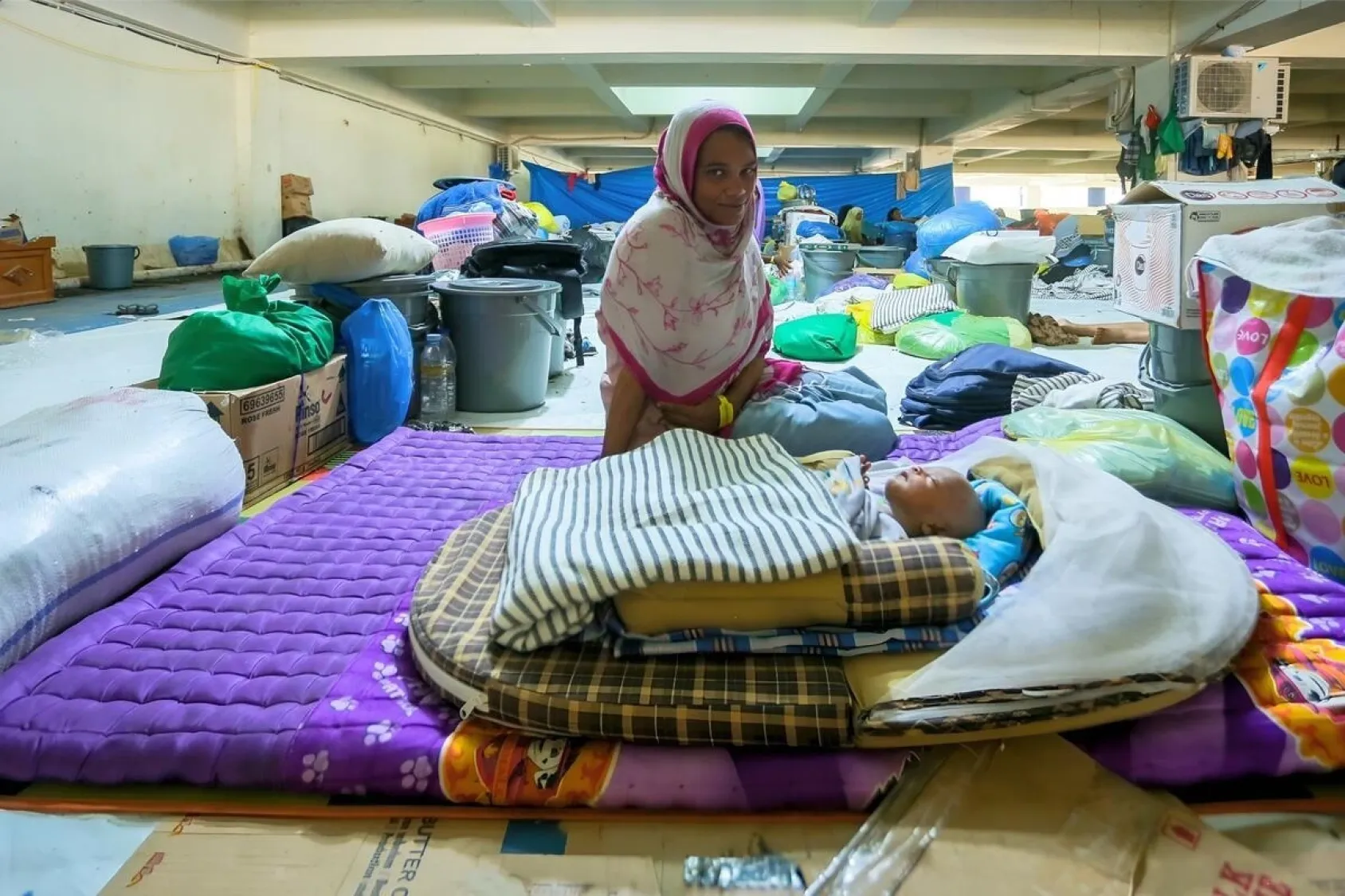
Costa Rica
Earlier this year, the Government of Costa Rica, a pioneer in researching and combatting hate speech, launched its National Strategy against Hate Speech and Discrimination, with the support of the UN team and the RCO. The National Strategy features 11 initiatives from education to sports, aimed at combatting hate speech and fostering inclusion. The Strategy aims to harness the power of Artificial Intelligence for good and builds on the foundation of several complementary efforts already underway in Costa Rica. One such example was a study undertaken by the UN and its partners from academia, civil society and Government. The study analyzed the significant spike in attacks against women, particularly women in politics and how online hate speech in the last year was manifesting in physical violence against women. Responding to these concerning findings, the UN launched a guide aimed at helping women political candidates, among others, to address online hate speech and violence. Learn more about this initiative here.
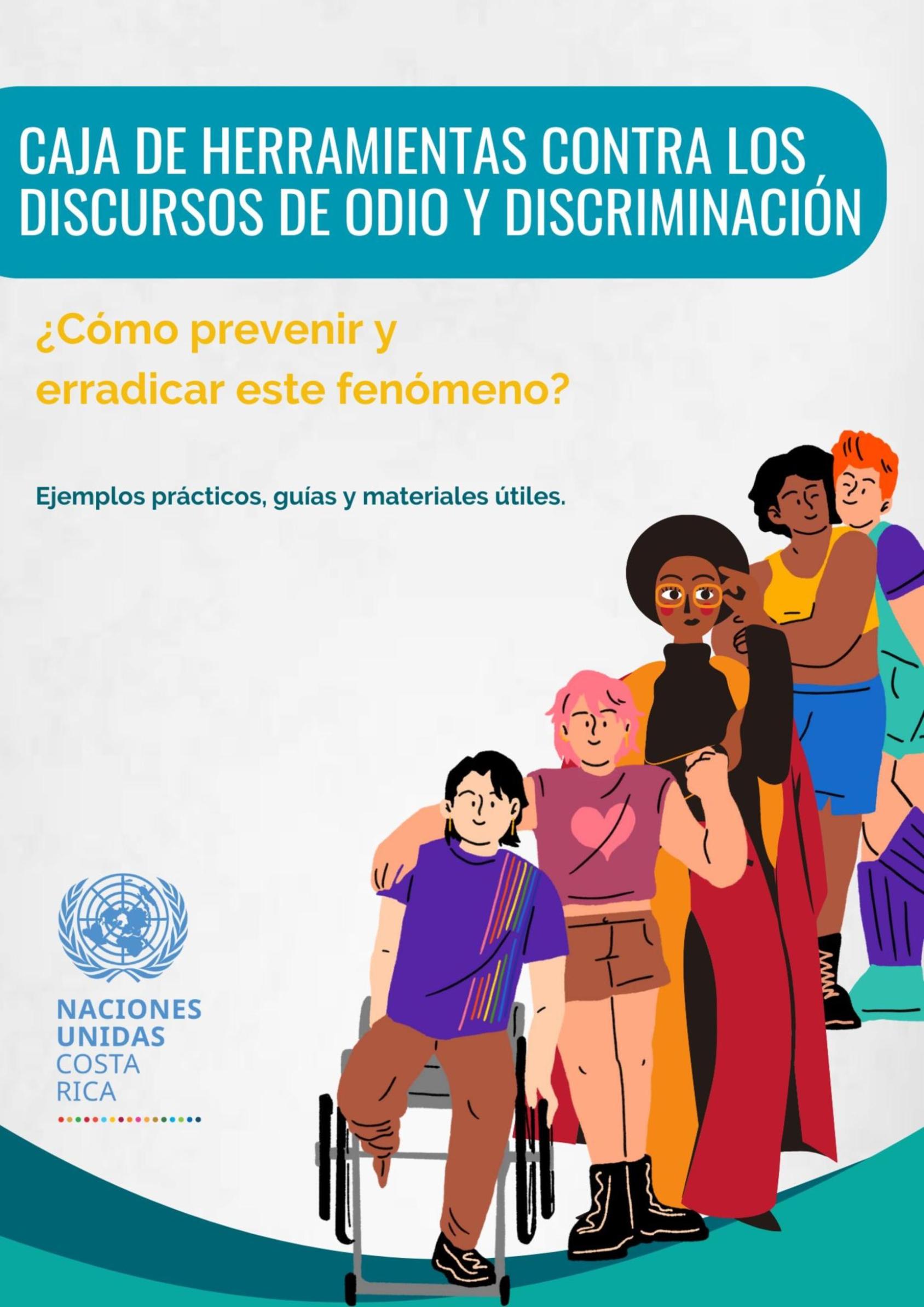
Nepal
In Nepal, local journalists, particularly those with disabilities, are being empowered by the United Nations Educational, Scientific and Cultural Organization (UNESCO) and partners to become “Youth Media Champions” with the skills and knowledge to tackle misinformation, disinformation and hate speech in their communities. Through workshops earlier this year, several young women and journalists with disabilities came together to improve media literacy, thereby enabling them to counter the “infodemic” and the discrimination faced by many of them in online spaces. With a designated youth media champion for each province in Nepal, the hope is that voices within the community can spur greater responsibility and accountability from other journalists and media persons to keep online public discourse safe, open and inclusive. Read about the initiative here.
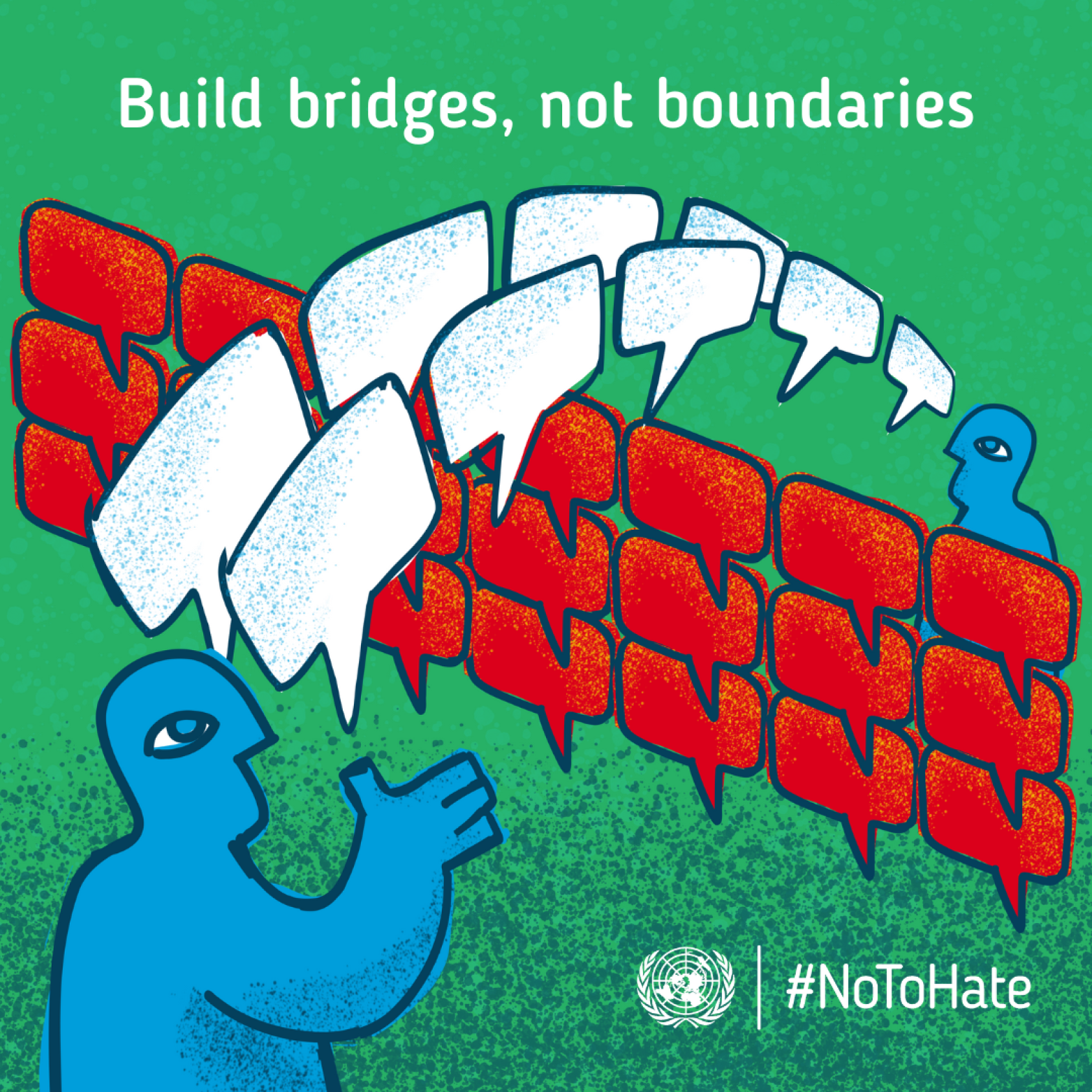
Montenegro
The UN Development Programme (UNDP) is collaborating with UNESCO and the UN Children’s Fund (UNICEF) to jointly implement initiatives aimed at strengthening citizens’ trust in institutions and building resilient communities. A critical component of this work, supported by the Government of Montenegro and the UN Peacebuilding Fund, is enabling youth to be voices of change against hate speech, discrimination and prejudice. Through research and tailored guidance, these initiatives are fostering the creation of safe spaces for open, constructive and respectful conversations where diverse voices can be heard. Hear from some of the engaging activists speaking out against hate speech in Montenegro here.
